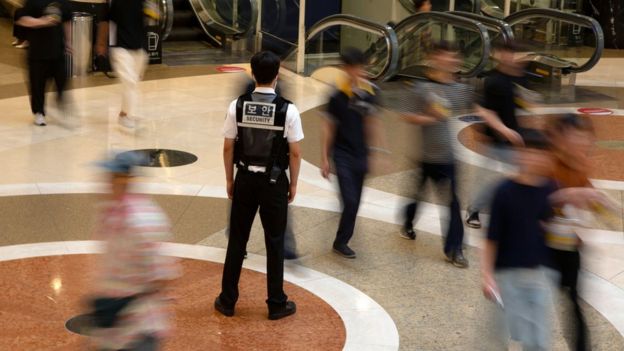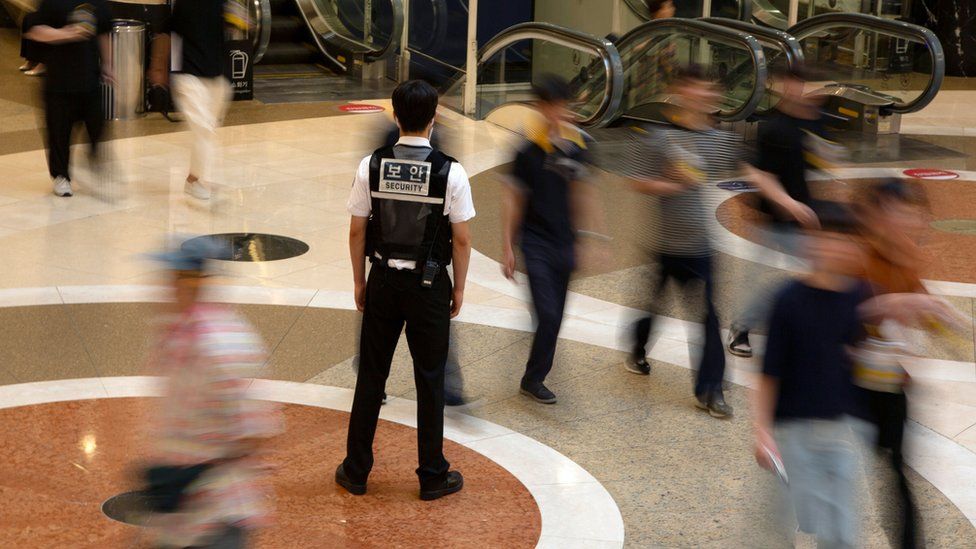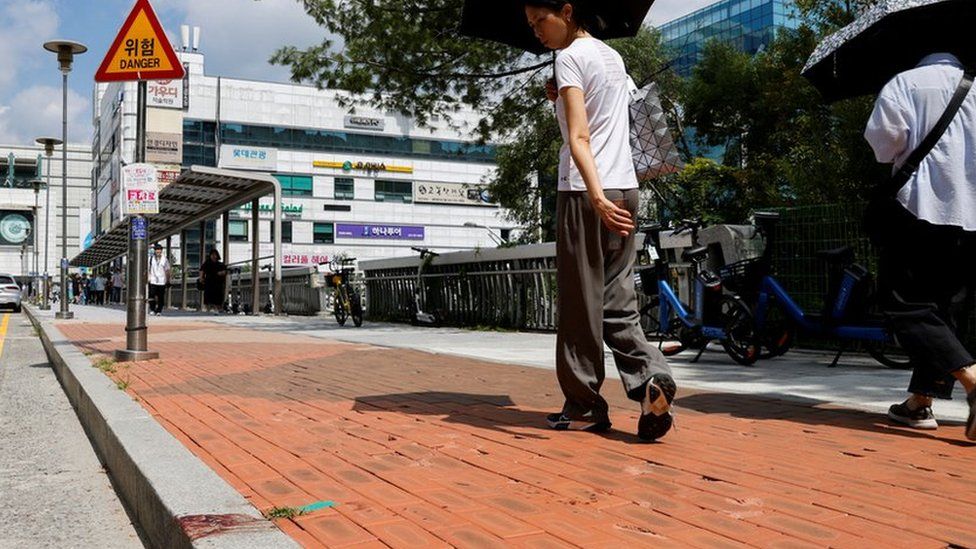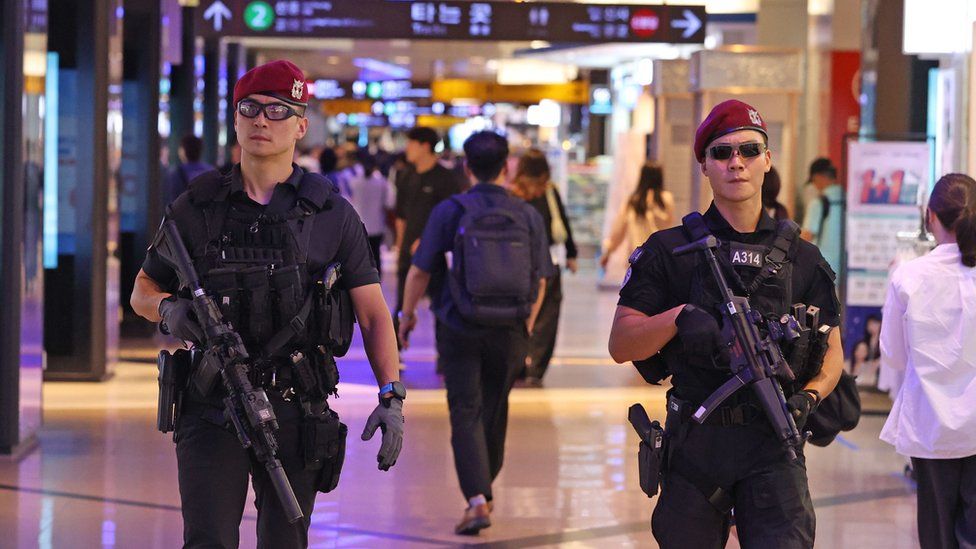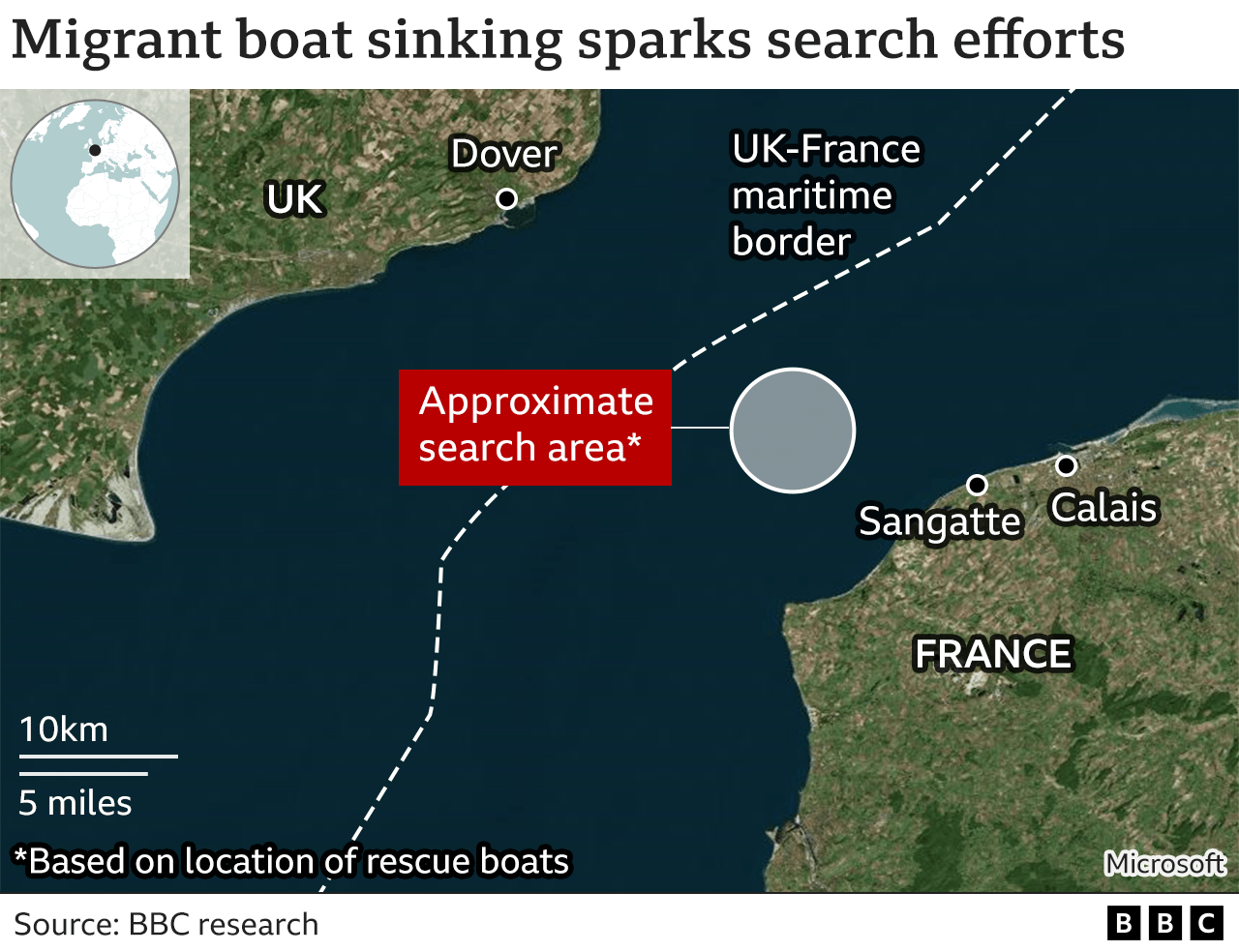Srettha predicts no-fuss PM vote
Pheu Thai targets support of 315 MPs
PUBLISHED : 13 Aug 2023 at 05:12

Srettha Thavisin, Pheu Thai Party’s prime minister candidate, is confident he will garner enough support from both houses to be named as the new PM in a single round of voting.
Mr Srettha is tipped to be nominated for the premiership in a joint sitting of the two Houses in the next round of selection. Senate Speaker Pornpetch Wichitcholchai has said the vote will likely take place on Aug 22.
It will be the first time a Pheu Thai prime minister candidate will be nominated for a vote after Move Forward Party Leader Pita Limjaroenrat failed to be picked for the top job amid legal uncertainty over his renomination.
“I am hopeful that I will be backed by senators and MPs from all parties,” the real estate tycoon said on Saturday. He also thanked the Palang Pracharath Party (PPRP) for pledging to vote for him.
Mr Srettha said it is still too early to say whether the two “uncles” parties will join a Pheu Thai-led coalition, referring to the PPRP and the United Thai Nation (UTN) Party.
The PPRP is led by Deputy Prime Minister Gen Prawit Wongsuwon and Prime Minister Prayut Chan-o-cha is UTN’s former chief adviser.
Critics have rebuked Pheu Thai for considering partnering with either party, dismissing them as a legacy of the National Council for Peace and Order dictatorship.
A coalition with 315 MPs in the 500-MP House of Representatives would make a stable government.
Mr Srettha also downplayed an ethics investigation by the Senate into his alleged complicity in property developer Sansiri Plc’s alleged tax evasion case. The accusation was made by whistle-blower Chuvit Kamolvisit.
Mr Srettha, who served as Sansiri CEO, said he trusts the Senate committee will treat him fairly in the probe.
In other news, Pheu Thai deputy leader Phumtham Wechayachai said the party has so far managed to assemble a coalition made up of eight parties with a total of 238 MPs.
Combined with 40 MPs from the PPRP, the tally would be 278. If UTN joined, the number would rise to 314.
“The UTN hasn’t made clear if the party will be in the coalition line-up,” Mr Phumtham said, adding the support of 278 MPs would lead to a stable government.
A party may support Pheu Thai’s candidate without being in the coalition, he said. He said a new Pheu Thai-led government would focus on taking care of the people’s needs and amending the constitution.
He said he saw no problems in welcoming the PPRP and UTN into the coalition. “The election is over. The poll result is clear. We have to live with the reality of the present.”


